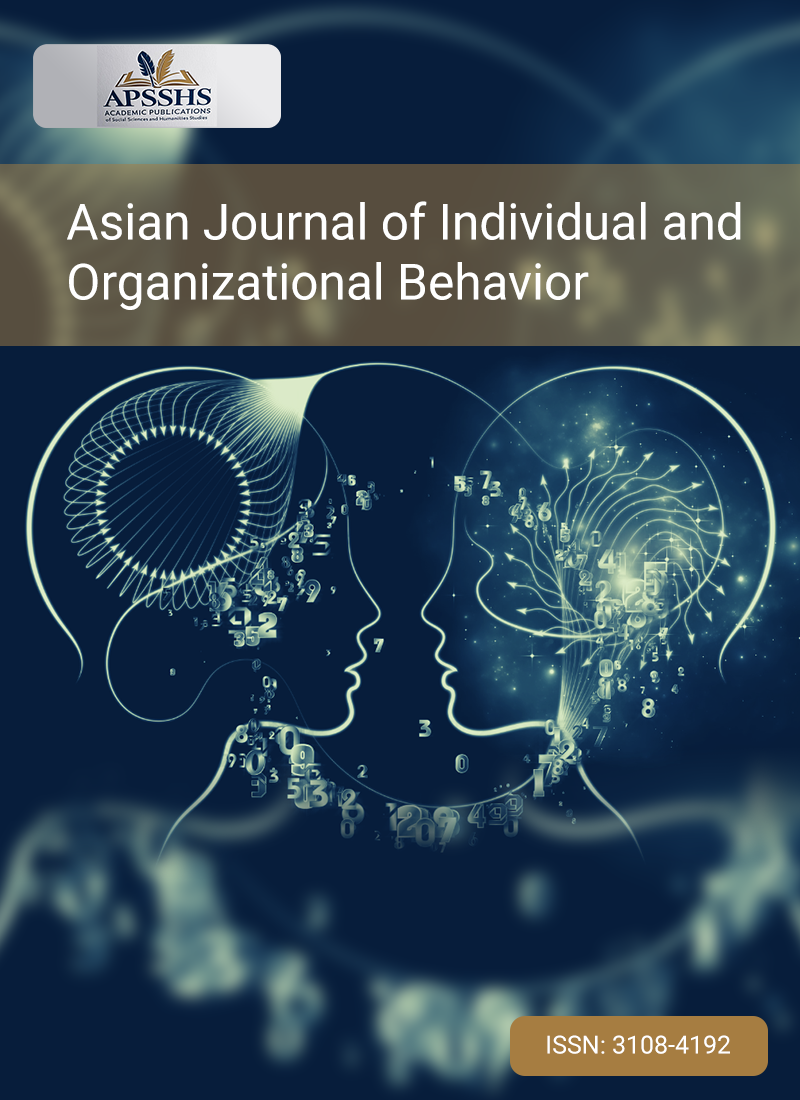
This study examines how emotional intelligence directly influences teamwork performance and the intermediary role played by individual goals and team structures in this relationship, particularly among university students in Vietnam. The study uses a combination of comprehensive interviews and widespread surveys conducted across several universities in Hanoi’s economic region. A total of 372 valid student responses were analyzed to understand both the indirect and direct effects of emotional intelligence on teamwork performance. The data underwent various statistical procedures, including Cronbach's alpha reliability check, exploratory factor analysis (EFA), confirmatory factor analysis (CFA), and structural equation modeling (SEM) using SPSS and AMOS software. The findings confirm a direct relationship between emotional intelligence and teamwork performance, as well as the significant mediation of individual goal-setting and self-organized teams in this relationship. This study provides practical suggestions for university students, faculty, and administrators to improve teamwork outcomes.